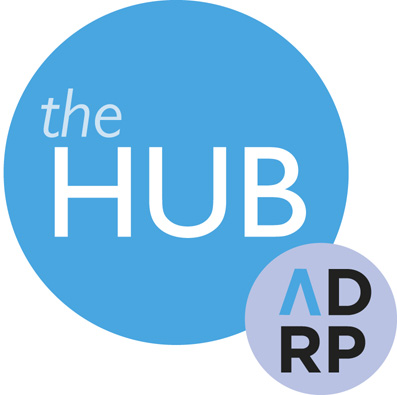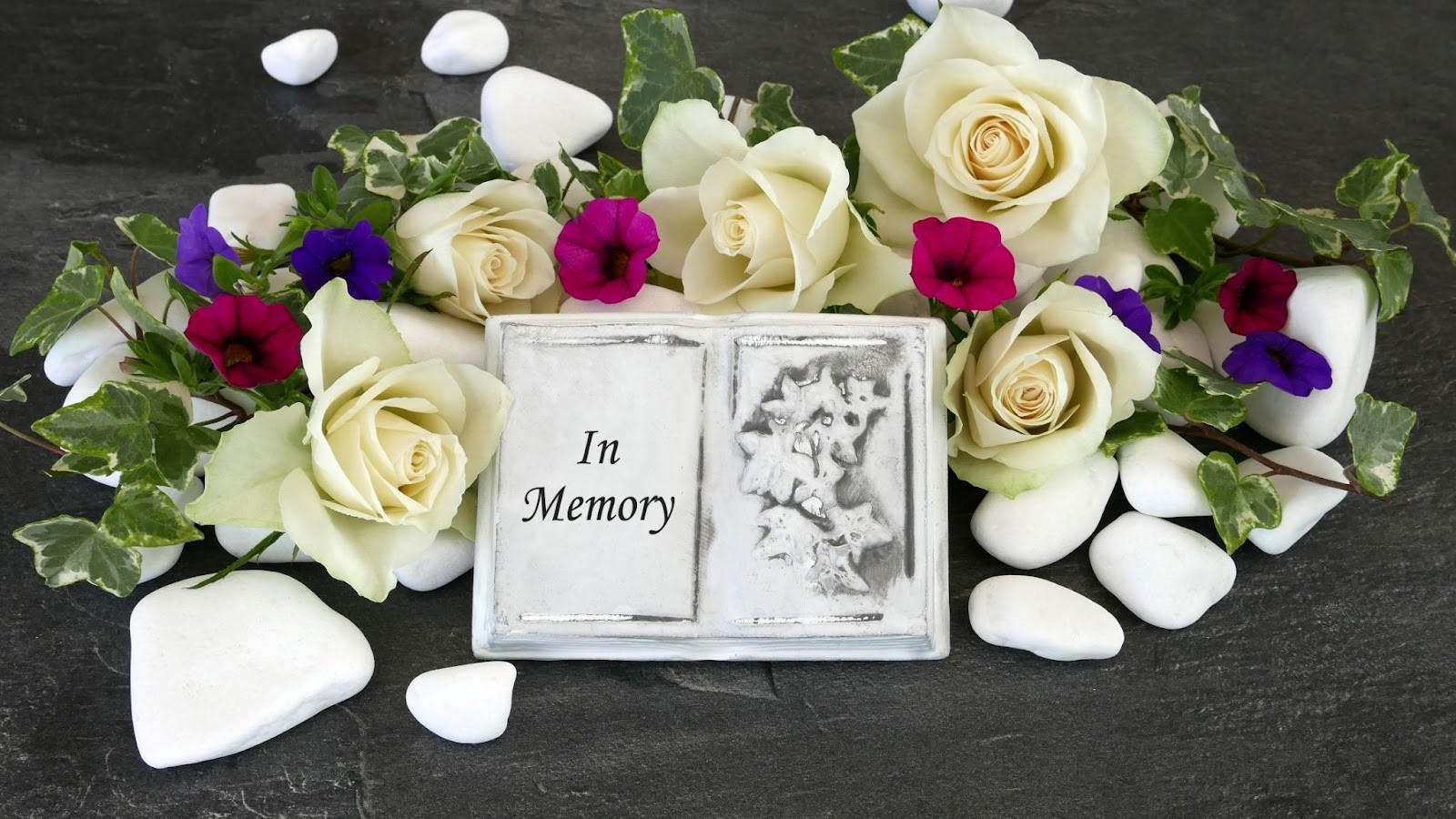
The Importance of Personalized Memorial Letters
Kirstie Myvett
Founder
Myvett Consulting

Photo Credit: Adobe Stock
Many shops simplify their memorial acknowledgments by sending an already crafted postcard or template and filling in the blanks with no personalization. They don’t see the value of spending much time on these “one-time” givers. I’ve learned, however, that there’s something special about a personalized memorial letter that often yields new supporters for your cause.
The first thing I do when composing personalized memorial letters is to read the obituary — always. It gives me a sense of who the deceased was as a person. Having that background information from the obituary is especially vital when writing of donors whose information isn’t as readily available in our database. Whatever gems I find in the obituary, I take notes and think of ways to incorporate them into my letters. For example, if the deceased were a known philanthropist, I would write about how important they were to the community in which they lived. If they had special gifts or talents, I mention those as well. We once had a donor who broke a baseball record and started scholarships across the country. How could I omit such important facts in my letter to his family? To send them an impersonal form letter just wasn’t right and wouldn’t help us establish a relationship with his family to carry the torch of his affinity for the university.
If the donor is an alumnus, I often call my friends who work in archives and ask for photos of the donor’s time at the university. Once I compile everything I need, including photos from the archives or from an event the donor attended, I send the personalized letters off with a positive wish that the words and memories within will comfort the recipients.
I quickly realized that putting effort into these letters paid off in surprising ways. Many times, I’d receive a letter or card telling me how happy the recipients were to be thought of during their time of grief. Many commented on the photos of their loved ones they’d never seen before. It was a surprise that brought them unexpected joy. Once, I found a picture and article about a donor when she was a student going away on the Queen Mary to study. I mailed it to her son, and he wrote me to say that he shared it with his children, who were thrilled to see a junior version of their grandmother.
Through personalized memorial letters, we also tap into the next generation of donors; the descendants of the deceased. They feel a connection to the institution based on their parent’s memories and want to carry on their parents’ legacy of supporting their alma mater. Many of these descendants become regular donors to the university in honor of their parents. Sometimes, they even solicit family and friends to start scholarships in their loved ones’ names. The donor who boarded the Queen Mary as a young woman now has a son interested in supporting the institution his dear mother loved. There’s no guarantee any of this would have happened had we not taken the time to write a heartfelt condolence letter to the family and those that had contributed memorial gifts.
Penelope Burke reported that 23% of donors in her 2017 survey made at least one memorial donation, making it one of the top six reasons donors give.
Most memorial donors don’t know or have a personal relationship with our organizations. They respond to the families’ requests for donations in lieu of flowers. They understand that our organization was important to their loved ones. This gives us, as donor relations professionals, a special opportunity to build new relationships. Think about it: the deceased thought enough of our institutions and organizations to remember us in the end. It is only fitting that we live up to their esteem and prove them right by being organizations worthy of their loved one’s philanthropy.
 Kirstie Myvett has worked extensively in the nonprofit arena and in higher education as a Stewardship professional. In 2019, she launched Myvett Consulting to help nonprofits with their communications needs. Kirstie Myvett has worked extensively in the nonprofit arena and in higher education as a Stewardship professional. In 2019, she launched Myvett Consulting to help nonprofits with their communications needs. |

Back to the December 2021 Hub
|